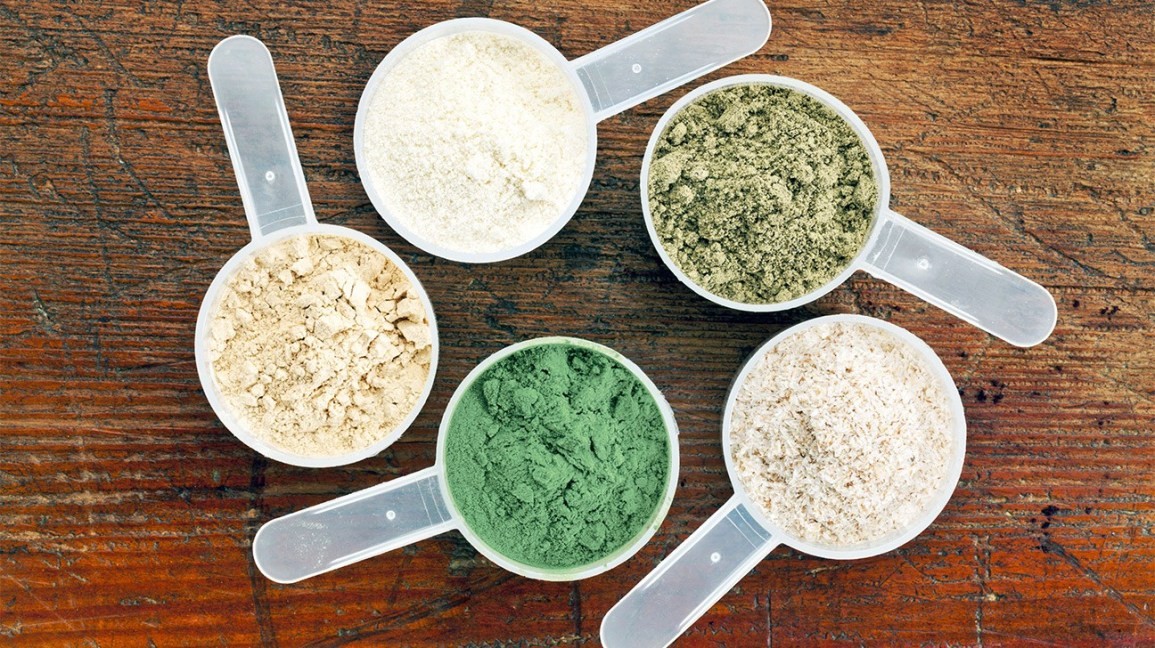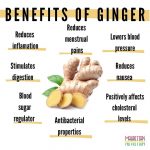
Contents
How Many Types of Protein Powders Are There and Which Is the Best?
Protein powder is a liquid shake pre-mixed with specific types of protein powder, either animal- or plant-based. There are seven types of protein powder: mixed protein, whey, egg, soy, rice, hemp, and pea.
Even if you’re not health-conscious, you might have tried a pre-made protein shake or blended various protein powder types into milk in the morning. Protein shakes are everywhere, but is protein powder good for you?
Most people can benefit from consuming high-quality protein sources like meat, dairy products, eggs, beans, and nuts. If you feel you’re not getting enough protein, protein powders can fill that gap, especially for those following a vegan or vegetarian eating pattern.
Protein powders are used for various reasons, such as adding nutrition to diets, building muscle, or healing from an injury.
What are the benefits and drawbacks of protein powder?
Benefits:
Powders can be a good protein source, although experts recommend primarily consuming unprocessed protein sources. Women need around 46 grams of protein per day, while men need about 56.
If you don’t get enough protein from your regular diet, protein powders can help. Plant-based protein powders are beneficial for vegans and vegetarians.
Drawbacks:
Protein powder manufacturing lacks centralized regulation, so many powders on the market may contain heavy metal contamination. Some powders also include unknown ingredients. Carefully read labels before purchasing new protein powders.
7 protein powder types and their benefits
Protein powders are available in various flavors, and choosing the right type depends on dietary preferences, taste, and mixing ease.
Mixed proteins:
These proteins combine animal proteins for all necessary amino acids. They offer plant-based benefits without compromising muscle creation, immunity, or heart health.
Whey:
Whey protein, found in dairy products, offers nutritional and medicinal value. It doesn’t cause allergies like milk and is often suitable for people with lactose intolerance. It aids weight gain for those with medical conditions, supports muscle building, and speeds up the healing process for injuries.
Egg:
Egg protein is complete and ideal for those allergic to cow’s milk or who dislike eating meat. It is often fortified with additional nutrients.
Soy:
Soy protein is a good protein source, and some studies suggest it reduces hot flashes. It is suitable for those not allergic to soy.
Rice:
Rice protein isn’t complete, but it benefits muscle gain and fat loss. Research shows that it can provide similar health gains as whey protein for exercise routines, making it an alternative for those who can’t consume animal-based protein.
Hemp:
Hemp protein, derived from hemp seeds, isn’t a complete source of protein but is combined with other proteins. Hemp seeds also contain omega-3 fatty acids, magnesium, zinc, manganese, and phosphorus.
Pea:
Pea protein, derived from split peas, is often used in weight loss shakes. It contains significant protein content and offers various benefits.
QUESTION
What precautions should you consider when choosing a protein shake?
Some people should consult a doctor before trying a protein powder, especially during pregnancy. Diabetics should be cautious due to added sugar content in protein powders. It’s essential to know the ingredients in your protein shake to avoid consuming excess calories. Research whether your preferred shake has undergone heavy metal testing. Consult a doctor or nutritionist for personalized advice on protein powders and nutritional needs.
Sources: Cleveland Clinic, Food & Nutrition Research, Harvard Health Publishing, Harvard T.H. Chan School of Public Health, Mayo Clinic, MedlinePlus, Nutrition Journal, The Pharma Innovation Journal.


